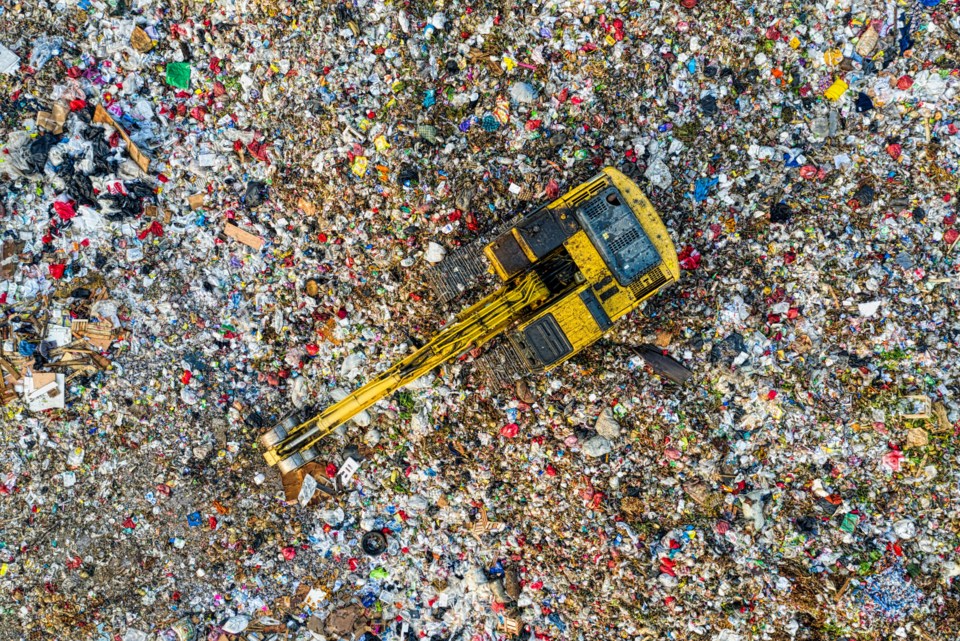OrilliaMatters welcomes letters to the editor at [email protected] or via our website. Please include your daytime phone number and address (for verification of authorship, not publication). The following letter is in response to a news release from Sustainable Orillia, published Dec. 11.
Mayor Don McIsaac needs to be commended for his commitment to sustainability and that the “priorities of waste reduction and diversion are top of mind in the McIsaac household.”
That being said, some of us older folk remember that the incineration of garbage has already been explored thoroughly in Orillia and in Simcoe County. Incineration of garbage is not sustainable and is not the answer to waste issues.
In 1990, city residents and neighbouring communities, and especially our medical doctors, investigated the City of Orillia’s very expensive plan to build an incinerator in Orillia. Our doctors took a strong stand against garbage incineration and spoke out for the sake of the health of their patients. We were very proud of them. Incineration of garbage was decided against and Orillia became known for its waste reduction, composting and recycling programs.
When we explored waste incineration, we discovered that burning garbage had many problems. In subsequent years, incineration of garbage or, as it might also be labelled, thermal combustion, gasification, etc., has not solved the serious problem of the thousands of very toxic gases and very fine particles that escape the stack filters. In fact, in Canada, the National Incinerator Testing and Evaluation Program reported that dioxin, an extremely toxic substance, was actually created as the gases cooled down after leaving the incinerator stack.
What would be burned after reduction, reuse, recycling and composting? The vice-president of marketing of the company that had plans to build the incinerator in Orillia in 1990 reported, during a TV broadcast, that 80 per cent of the garbage needs to be paper and plastic to achieve combustion. And, of course, we all know now that both paper and plastic are recycled.
Importantly, in 2023, so many of us are concerned about climate change and trying to reduce carbon emissions. Creating more greenhouse gases through incineration is out of the question.
Colleen O’Neill
Orillia



